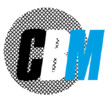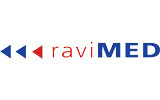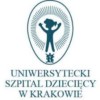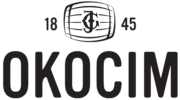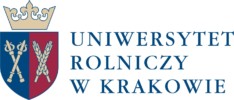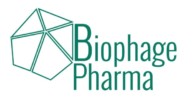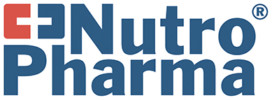Microbiological Laboratory
Diagnosis in the Microbiology Laboratory of the Jagiellonian Centre of Innovation is carried out using the classic method (culture medium, culture) and an innovative diagnostic method using MALDI TOF mass spectrometry.
The Microbiology Laboratory of the Jagiellonian Center of Innovation performs microbiological analyses of materials:
- biologicals (including food and dietary supplements)
- pharmaceuticals
- cosmetics
- medical devices
- clinicals
- veterinary
- environmental
- innovative research
- agrochemicals (biofertilizers, biostimulators)
For a quote, please contact:
Mobile: +48 517 917 834
E-mail: sales@jci.pl


